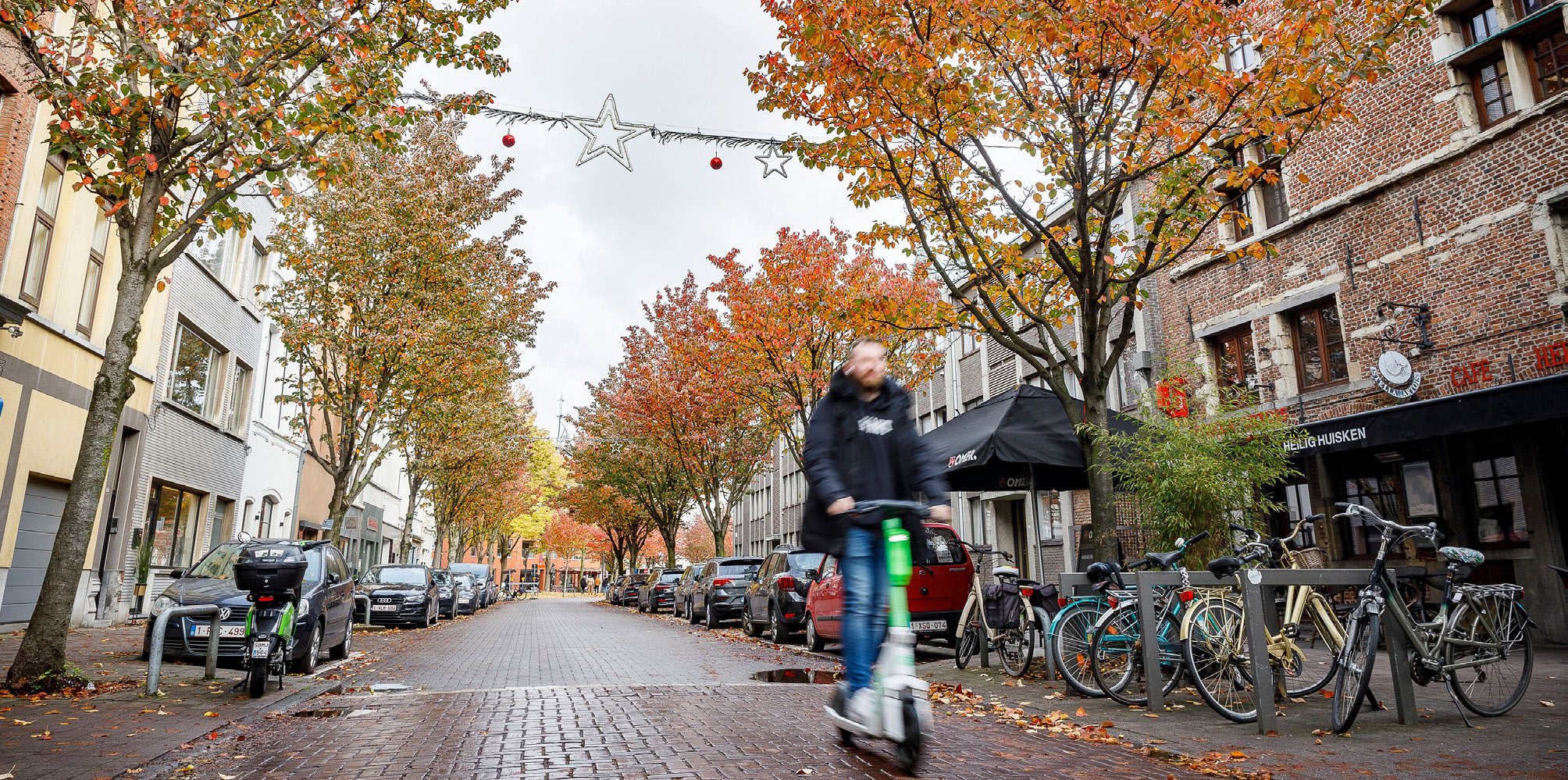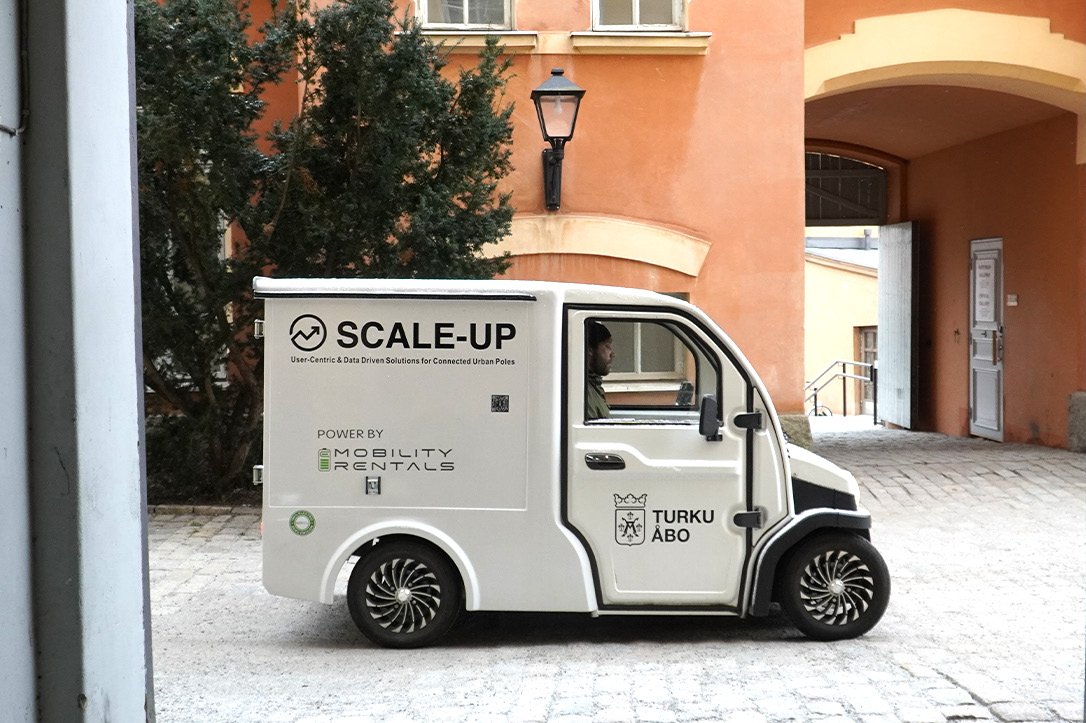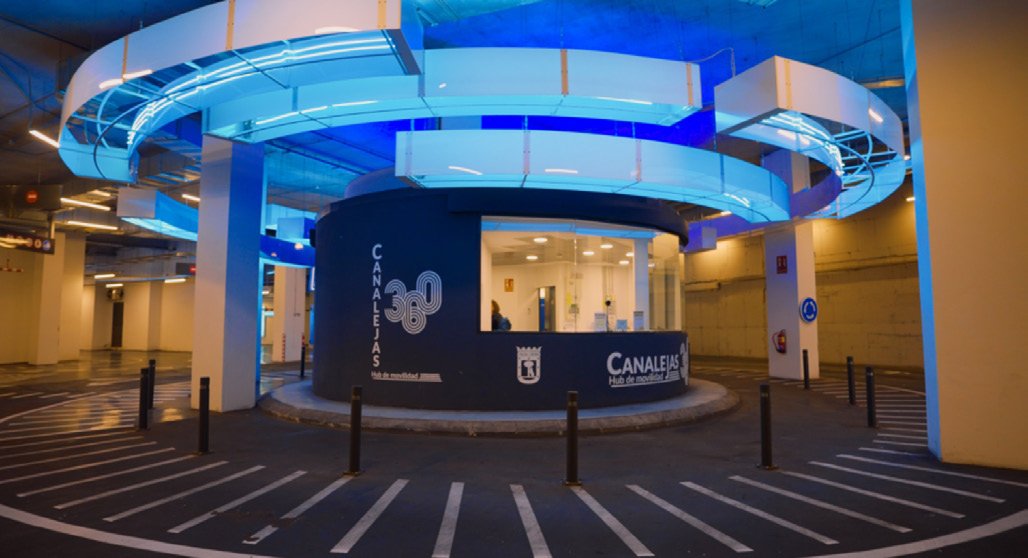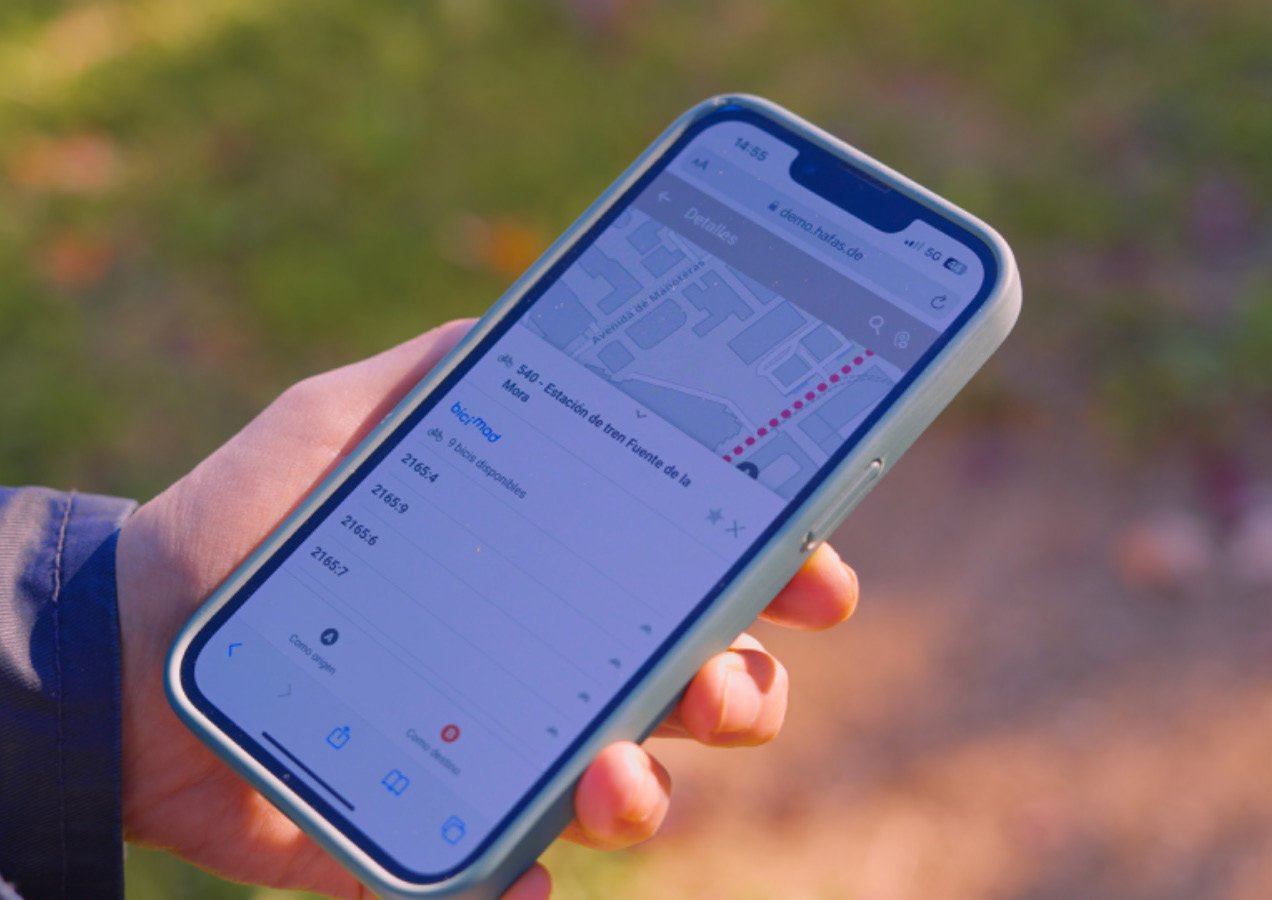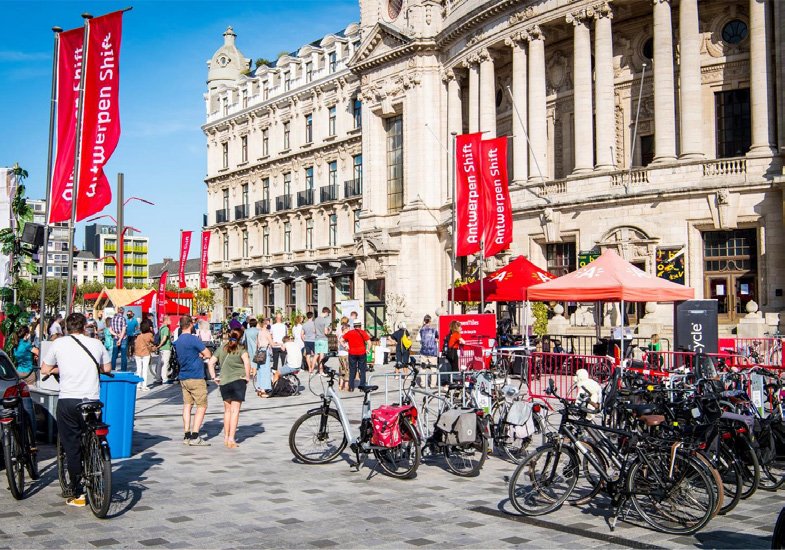Four Years of Upscaling Greener, Inclusive Urban Mobility – The SCALE-UP Legacy
SCALE-UP Consortium Partners at the SCALE-UP & MOVE21 Final Event
Upscaling urban mobility in Europe
Urban mobility plays a central role in achieving climate targets, but also contributes to better and more sustainable living conditions. The EU-funded SCALE-UP project aimed to speed up the transition toward inclusive, multimodal, and sustainable transport systems, showing what works and how to scale it beyond the nuclear city centre. Over the course of 48 months, SCALE-UP addressed the challenge of making urban mobility greener and more inclusive, not only within cities but also across their surrounding Functional Urban Areas (FUAs) and along the wider TEN-T network.
“The SCALE-UP project was about transformation at scale. The project partners worked on both vertical upscaling, meaning from local to regional and EU levels, and horizontal upscaling, through physical infrastructure, digital innovation, and behavioural change”
The project focused on three Urban Nodes—Antwerp (Belgium), Madrid (Spain), and Turku (Finland), where 28 urban mobility measures were implemented —and engaged seven SCALE-UP Fellow Cities including Belgrade (Serbia), Chernivtsi (Ukraine), Ljubljana (Slovenia), Lviv (Ukraine), Netwerkstad Twente (The Netherlands), Riga (Latvia) and Turin (Italy). Together, these cities served as living labs for a wide variety of mobility measures, paving the way for others to replicate and adapt their successes.
To effectively implement these measures, SCALE-UP emphasised five key intervention fields, each addressing a critical aspect of urban mobility.
Multimodal and user-centric design
SCALE-UP aimed to strengthen multimodality, with measures designed to improve the integration of modes, enhance the user experience, and reduce reliance on private cars.
Antwerp developed nine Park & Ride hubs and used an interactive dashboard to identify gaps and risks in the cycle highway network.
The “Canalejas 360” hub, Madrid (Spain)
In Madrid, the “Aparca-T”, a P&R plan to enhance multimodal integration and optimise multimodal hubs between parking and public transport. Since 2021, 9 P&R facilities have been operational, and 11 new locations have been assessed for future development.
The Canalejas logistics hub in central Madrid became a benchmark project for sustainable last-mile delivery. By using zero-emission vehicles and integrating bike parking and shared mobility infrastructure, the hub helped avoid 103.2 tonnes of CO₂ emissions, demonstrating a scalable solution for cleaner urban logistics.
Meanwhile, Turku piloted innovative mobility services like walk-in bike maintenance, luggage storage lockers, physical signage, online guidance map, cycling equipment vending machine, city bikes and an online ordering service for custom bus itineraries, as the city aimed to enhance regional connectivity and sustainable travel chains.
Data and digital mobility tools
Cities also leveraged data and digital tools to better manage transport systems and inform users.
Madrid MaaS app in use (Spain)
Antwerp established a solid governance framework that served as a foundation for a dynamic Mobility as a Service (MaaS), which grew rapidly within one year from 3,945 users in 2022 to 9,153 in 2023.
The MaaS pilot app, developed by CRTM and Hacon, was tested with 200 users and integrates 40 mobility operators for seamless multimodal journey planning in Madrid. With 70% of participants finding the app easy to use, the pilot encouraged shifts from private cars to public and shared transport options.
Turku has developed a Mobility Map, a real-time platform that encompasses over 40 data sets and showcases real-time information, marking a 68% rise in monthly user visits, with 60% of users rating it positively.
Clean, safe and inclusive mobility
SCALE-UP also made progress on clean and inclusive mobility, improving access to active modes and safer public spaces.
In Antwerp, the e-bike-sharing system was launched across 19 municipalities and 3 business parks, with 2,179 bikes spread across 559 hubs. In 2023, around 13.4% of these trips replaced car journeys.
BiciMAD, the bike sharing system, grew dramatically and expanded to 21 districts in the Madrid Urban Node with 630 stations. The city focused on implementing car-free areas not only in Madrid’s centre but in various districts of the city, creating in total 87,135 m2 of pedestrian space.
In Turku, children and families engaged in a sustainable mobility activation model through schools and kindergartens, leading to improved cycling skills among children but also reduced CO₂ emissions and a 4% drop in car commutes to school.
Fostering sustainable mobility behaviour
Behavioural change measures included promoting sustainable travel to events, improving communication, and ensuring accessibility.
Smart Ways to Antwerp marketing at an outdoor event (Belgium)
In Antwerp, eventgoers reported high satisfaction with bike parking, with car use declining at nearly all tracked events. Madrid saw a rise in public transport use during major festivals, supported by real-time information and extended metro hours.
The Madrid Urban Node aimed to promote multimodal and sustainable travel by enhancing the Green Routes programme by developing a route planner that provides users with detailed information about regional Green Routes and their connections to public transport and other sustainable travel options.
In Turku, five smart mobility guidance solutions were piloted at large events, with particular attention to accessibility for vulnerable groups, such as the visually impaired. The physical accessibility of these groups received positive feedback with an average score of 3.4 out of 5.
Strengthening governance across Europe
In Antwerp, SCALE-UP helped strengthen multilevel governance by creating a Service Centre supporting SUMP implementation, regular Administrative Consultations, and an expanded Smart Ways to Antwerp approach. These three key cooperation structures have improved collaboration and streamlined decision-making across the city.
In Madrid, efforts focused on aligning governance with the Madrid 360 Strategy and the updated regional Sustainable Urban Mobility Plan (2023-2035). Cooperation between stakeholders, public institutions and private mobility providers remains successful.
In Turku, SCALE-UP contributed to developing governance model options that support sustainable mobility and foster consensus among municipalities on regional train network planning. Citizen acceptance of regional rail transport increased, and the regional SUMP is being prepared for an update in 2025-2026, alongside the Turku Region Structural Model.
Collaborating for a greener mobility
SCALE-UP’s achievements go beyond individual cities. Seven SCALE-UP Fellow Cities have already begun replicating successful measures, and the project has directly contributed to the Urban Nodes Alliance, helping shape the upcoming TEN-T regulation. Throughout its duration, SCALE-UP closely collaborated with its sister project, MOVE21, and provided valuable insights to the Urban Nodes Alliance position paper, "Urban Nodes: Empowering Cities and Regions to Build the TEN-T."
Towards a connected and green future for urban mobility in Europe
After four years, 23 partners across five countries, three Urban Nodes, and over four million citizens benefiting from 28 innovative urban mobility strategies, alongside the support of seven fellow cities, the SCALE-UP project comes to a close. The measures, tools, methods, and policy frameworks developed will continue to empower cities to adopt sustainable, multimodal transport systems, helping drive the EU's Green Deal objectives and accelerating the transition to sustainable urban mobility across Europe.
